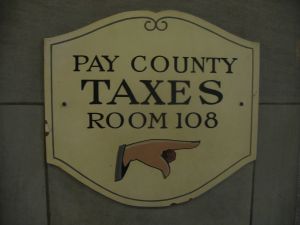 I recently received a question from an individual who just had a default judgment entered against him. He simply asked, what was a default judgment and what can he do about it.
I recently received a question from an individual who just had a default judgment entered against him. He simply asked, what was a default judgment and what can he do about it.
A default judgment is a binding judgment in favor of either party based on failure to take action. Most often a default judgment is entered against a party based on failure to respond to a summons or failure to appear before court. The default judgment usually encompasses the relief requested in the serving party’s original petition.
When a party files for divorce a summons is served along with a copy of the divorce petition on the other party. The receiving party then has twenty days to file an answer. If no answer is filed a default judgment can be ordered against them.
 Jacksonville Divorce Attorney Blog
Jacksonville Divorce Attorney Blog










